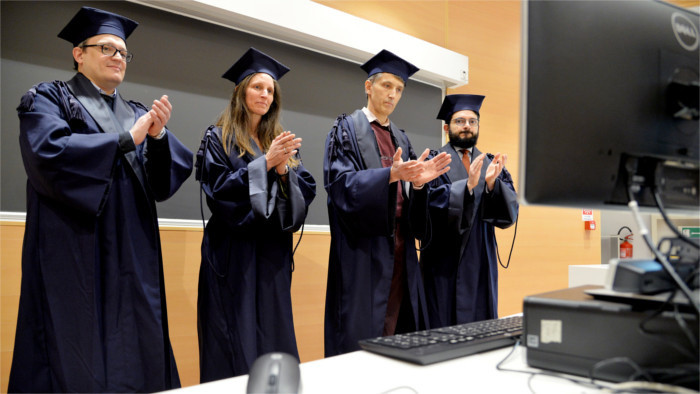The year 2020 has set a mirror for the education sector, according to Róbert Chovanculiak, an analyst with the Institute of Economic and Social Studies (INESS) a Bratislava-based think tank. "Parents have learned just how much unnecessary curriculum their children have had to learn. Teachers have learned that without the personal presence of children at school, and without an external whip in the form of marks, the internal motivation of children to apply themselves to the prescribed curriculum is rapidly declining. And the taxpayer has learned that the digitalisation of education does not work, despite tens of millions being invested", he told TASR press agency.
Asked if Minister of Education Branislav Gröhling (SaS) has succeeded or failed in his mission this year, the analyst replied that "the Ministry of Education had to put out an immediate fire," which shifted his attention to short-term tasks. "However, the Minister's room to manoeuvre was relatively small, as school equipment and access to the digital curriculum could not be ensured in such a short time. However, the Ministry tried at least to communicate actively and to inform teachers and students about developments," said Chovanculiak.
In addition to responding to the corona crisis, the Ministry was able to come up with a plan involving specific tasks for the coming months and years. "This is something we are not used to from the past. Past Ministers used to just build a team for the first year and then write documents for two years, and finally nothing happened in the last year. The next year will show whether the new Minister can achieve the transforming of his time advantage into meaningful changes in education," he said. The analyst positively assesses the choice of priorities set by the team at the Education Ministry, such as liberalizing the textbook market, unifying the way schools are financed, cutting red tape, increasing teachers' salaries in selected regions and optimizing the school network. "These are all things that are known and have needed to be discussed for a long time, but actual steps have never come," concluded Chovanculiak.

